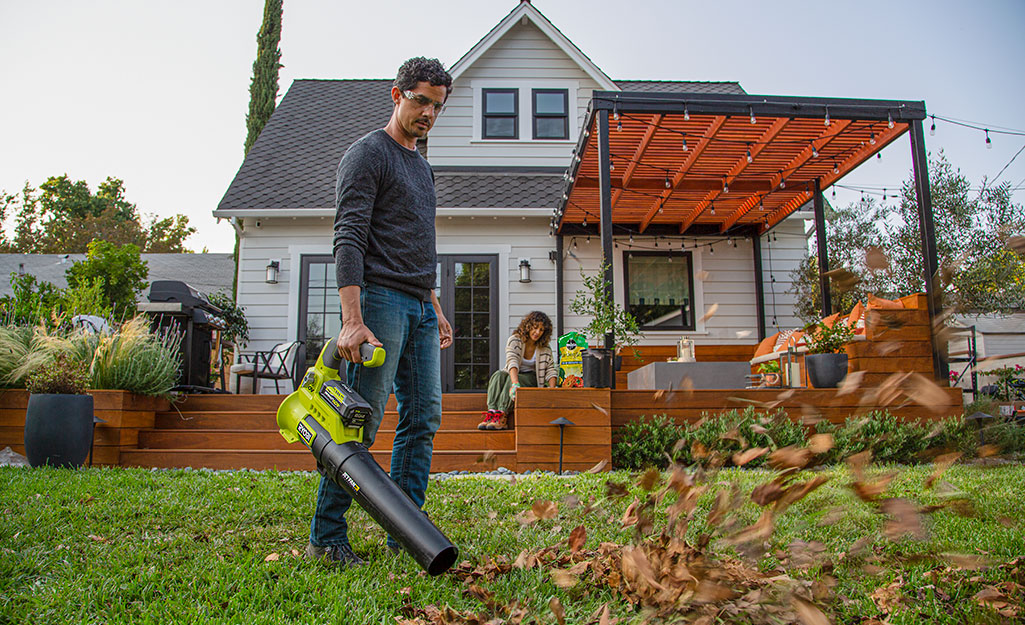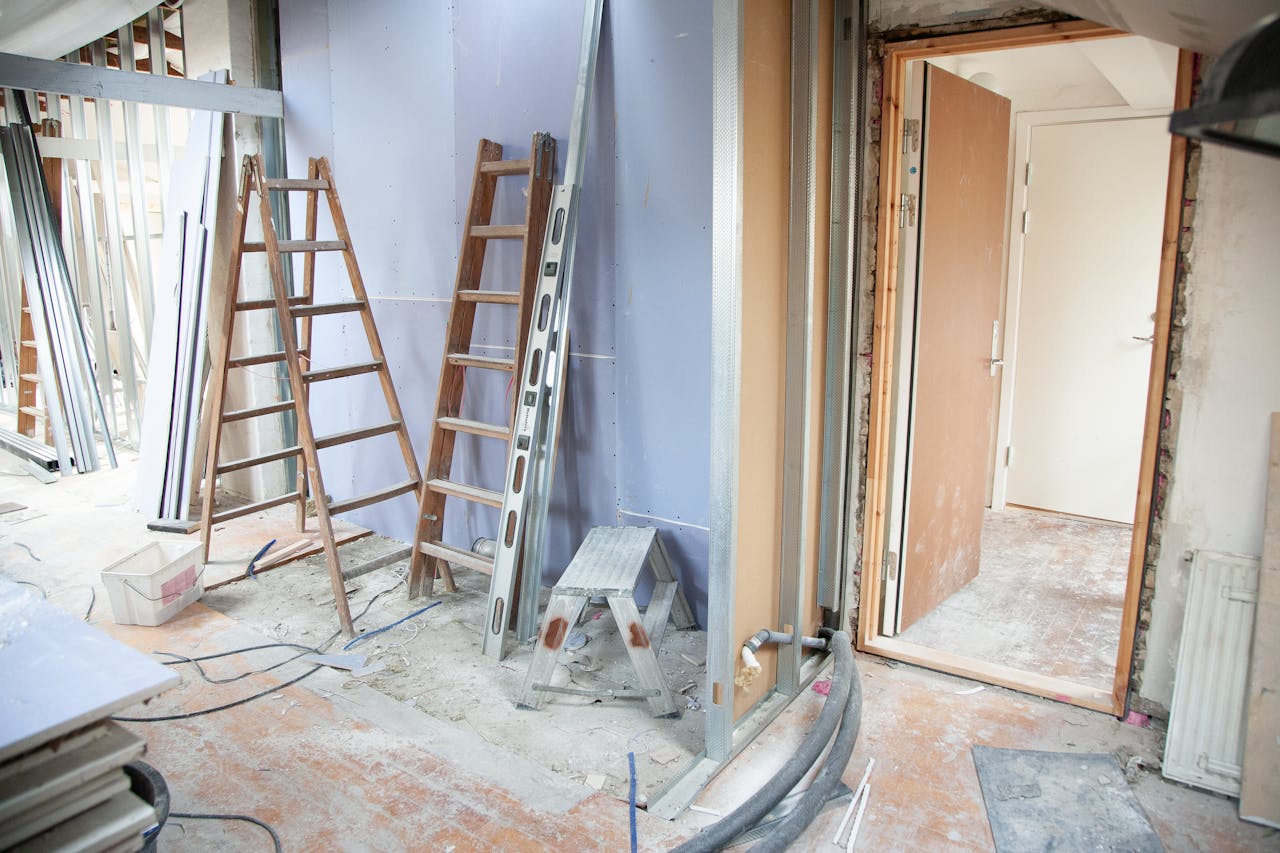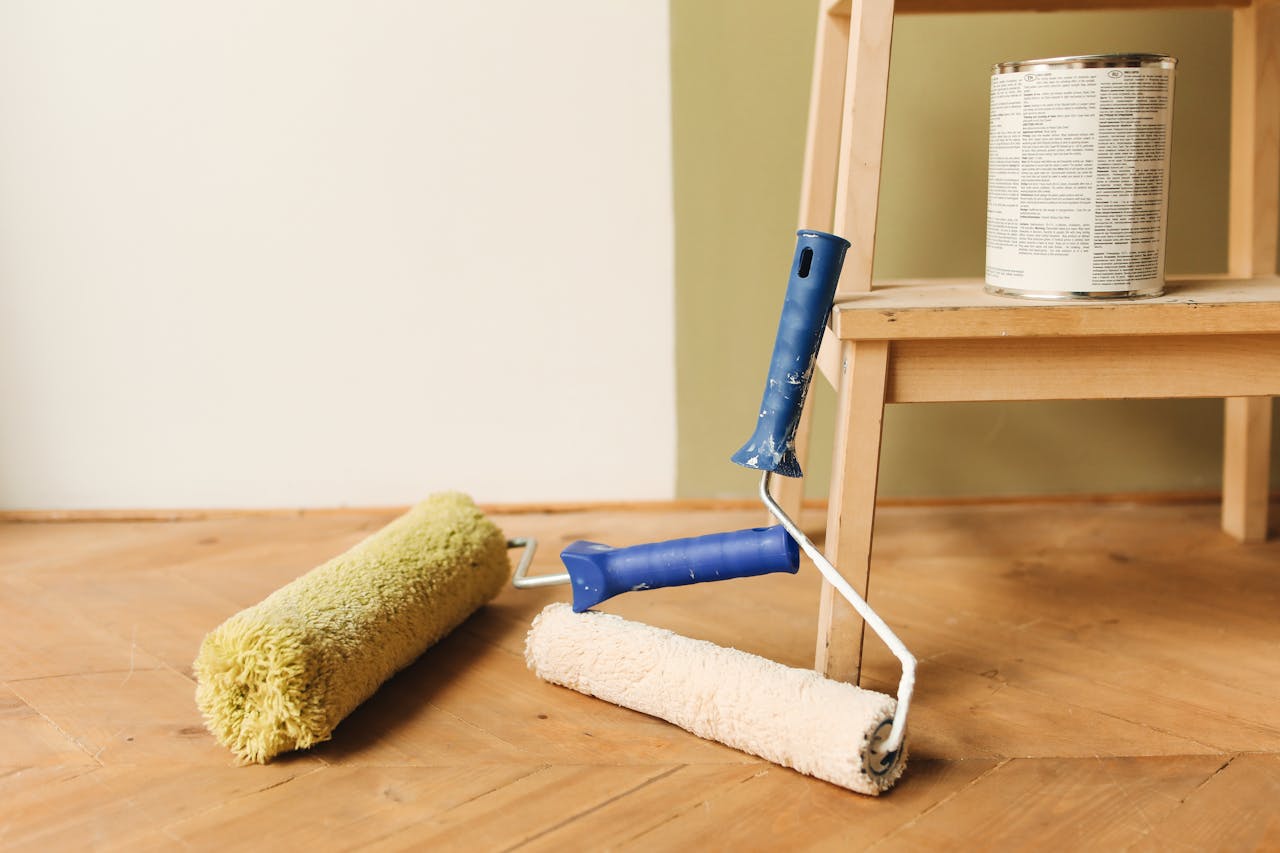House maintenance is universally acknowledged as a practical necessity. We are routinely advised to clean our gutters, service our furnaces, and inspect our roofs to protect our financial investment. While this is undoubtedly true, focusing solely on the economic aspect misses a deeper, more profound value. A disciplined approach to upkeep cultivates a unique mindset that enriches our relationship with our homes, enhances our personal well-being, and fosters a profound sense of security and accomplishment.
The most immediate benefit beyond saved repair bills is the development of deep situational awareness. A homeowner who regularly walks their property’s perimeter, peers into the attic, and checks the basement is not just performing tasks. They are building a mental blueprint of their home’s normal state. They know the familiar creak of a specific floorboard, the usual hum of the refrigerator, and the pattern of sunlight in each room. This intimate knowledge creates a powerful early-warning system. A new, faint dripping sound behind a wall, a subtle musty smell that wasn’t there last week, or a slight shift in a door frame becomes immediately apparent. This hyper-awareness allows for intervention at the very earliest stage of a problem, often long before any visible damage occurs. It transforms the homeowner from a passive occupant into an active guardian of their space.
This proactive engagement also builds tangible self-reliance and confidence. In a world where we often default to calling experts for every minor issue, learning to handle basic maintenance is incredibly empowering. Successfully unclogging a drain with a plunger instead of chemicals, diagnosing and replacing a faulty thermostat, or safely resetting a tripped circuit breaker are small victories. Each completed task, no matter how minor, builds a repository of competence. This confidence spills over into other areas of life, reducing the anxiety that often accompanies homeownership. The mystery of the house’s complex systems begins to fade, replaced by a understanding of how things work. This doesn’t mean forgoing professionals for complex jobs like electrical panel work or major structural issues, but it does mean you can articulate the problem clearly and understand the proposed solution, preventing unnecessary upsells.
Furthermore, a well-maintained home is a cornerstone of health and holistic well-being. Maintenance is directly tied to the quality of the living environment. Replacing HVAC filters regularly isn’t just about efficiency; it’s about breathing cleaner air, free of dust, pollen, and allergens. Properly sealing windows and doors prevents drafts not only to save energy but also to eliminate dampness that can lead to mold growth—a known trigger for respiratory issues and allergies. Ensuring bathroom vents exhaust properly controls humidity, protecting the structure from rot and creating a less hospitable environment for dust mites. This proactive care creates a healthier ecosystem for you and your family, making the home a true sanctuary that actively supports your physical health.
On a psychological level, the act of maintaining one’s space provides a unique form of therapeutic satisfaction. In our digital, abstract lives, the act of physical care offers a grounding connection to the tangible world. There is a clear, undeniable cause and effect: you clean a gutter, and water flows away properly. You caulk a window, and a draft disappears. This provides a sense of agency and control that can be elusive in other parts of life. The process can be meditative—a chance to focus on a single, manageable task with a visible, rewarding outcome. This stands in stark contrast to the often nebulous and ongoing tasks of modern work. The pride of looking after your possessions, of being a good steward, feeds a sense of pride and contentment that simply paying a repair bill cannot replicate.
Finally, consistent maintenance is an act of future-proofing and legacy building. A home is a timeline of the lives lived within it. By caring for it diligently, we are not just preserving drywall and plumbing; we are preserving a stage for future memories. We are ensuring the treehouse in the backyard is safe for our children, that the porch is solid for quiet evenings for years to come, and that the structure remains sound and welcoming for future generations or the next family who may live there. It moves the concept of “value” from a purely monetary figure on a spreadsheet to something more meaningful: the value of stability, safety, and history.
In conclusion, while the financial logic of house maintenance is unassailable, its true worth is found in the intangible rewards. It fosters awareness, builds confidence, safeguards health, provides therapeutic satisfaction, and secures a legacy. It is a practice that transforms a house from a static asset into a dynamic, interactive partnership between the homeowner and their haven. By embracing maintenance, we don’t just upkeep a property; we cultivate a richer, more engaged, and ultimately more rewarding experience of what it means to truly call a place home.


